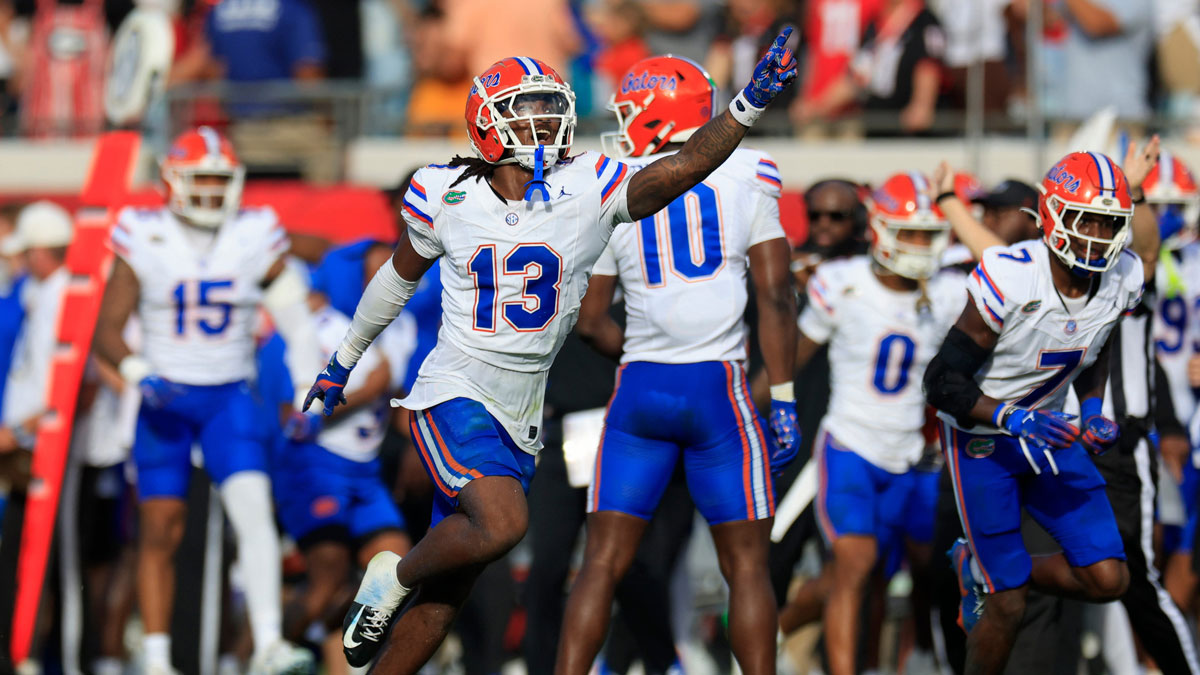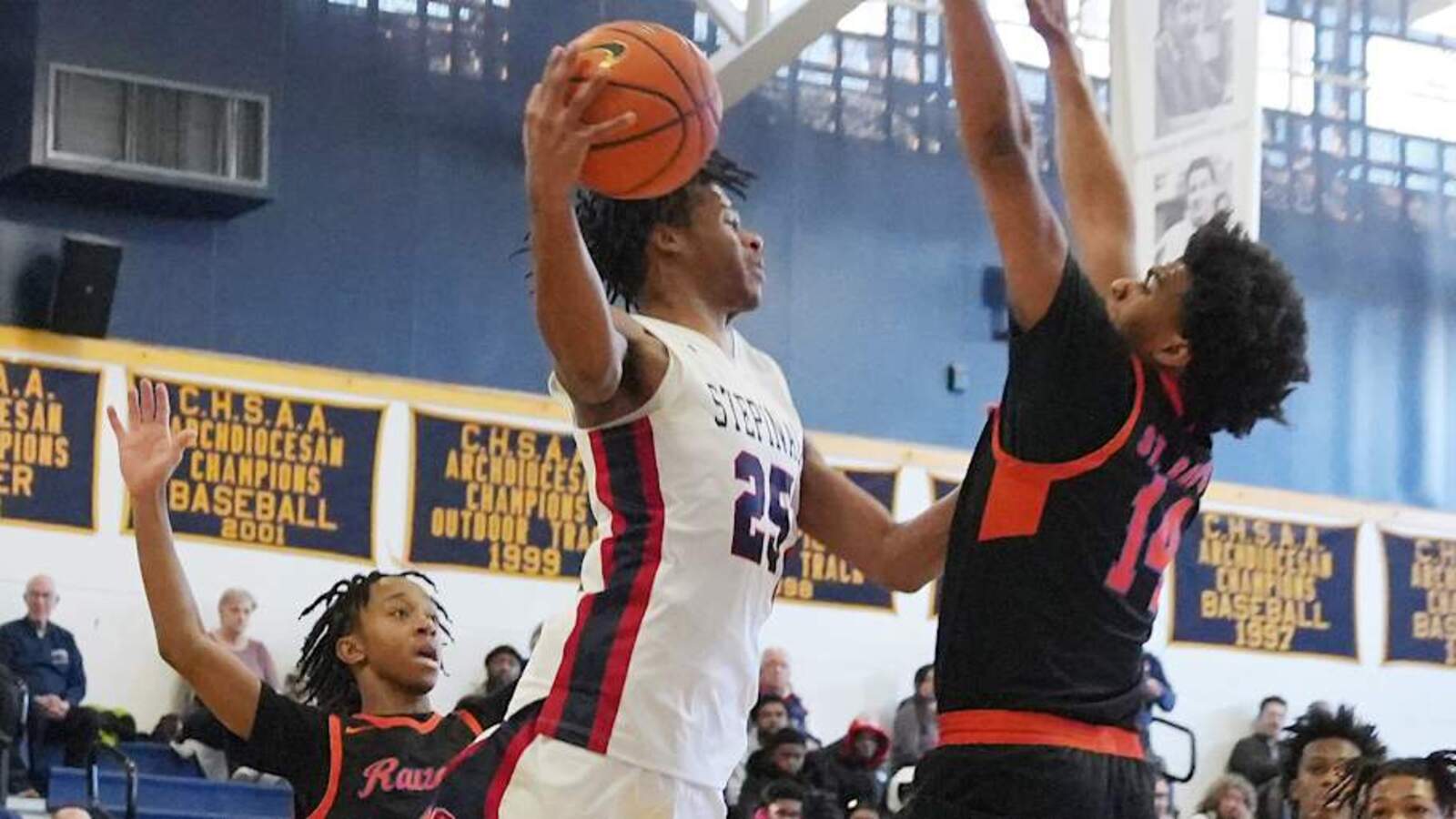How Much Does Cancel Culture Harm Academics' Careers?
Cancel culture, referring to attempts to smear or professionally sanction individuals for their beliefs or past behaviour, exploded in the late 2010s. It reached a peak in the year 2020 and has since declined—though not all the way to zero.
Nowhere is cancel culture more widespread than academia. There have been hundreds of cases of academics getting mobbed, protested, shouted down, investigated, disciplined and formally sanctioned. Why is academia such a hotbed of cancel culture? Several reasons. First, it’s academics’ job to find out what’s true, and many people—including their colleagues—simply can’t handle the truth. Second, some academic disciplines are essentially just activist clubs in which cancel culture is one form of activism. Third, universities are dominated by students, who not only have a penchant for political agitation, but also comprise the paying customers that must be coddled and placated.
While some academic targets of cancel culture have faced serious professional sanctions, most have come away relatively unscathed—the attempts to cancel them failed, in other words. But that doesn’t mean their careers were unaffected. Perhaps stress or time spent proving their innocence interfered with their work. Or perhaps they lost opportunities due to others’ desire to avoid guilt by association.
In a new paper, Kris Gulati and Lorenzo Palladini study the impact of cancel culture on the targeted academics’ careers.
For data, they turned to the ‘Scholars Under Fire’ database, a list of cancellation attempts against US academics compiled by researchers at the Foundation for Individual Rights and Expression. Each item in the list corresponds to a specific incident where a scholar ‘came under fire’, along with the date and several details about the incident. Gulati and Palladini obtained bibliographic information about the targeted academics from OpenAlex, an online catalogue of scientific papers. Specifically, they obtained the number of papers the academics published in different years, as well as the number of citations those papers received.
To be rigorous, Gulati and Palladini identified a ‘control group’ of academics that were not targeted for cancellation but had otherwise similar characteristics (age, discipline, institution etc.) They then compared the change in number of papers published before and after the cancellation attempt for targeted academics versus those in the control group. And they did the same for the change in total citations received.
What did they find? Compared to those in the control group, targeted academics saw a 20% decline in number of papers published and a 4% decline in total citations received. Both results were statistically significant. When Gulati and Palladini dug further, they found that the fall in citations was concentrated in papers written by close colleagues of the targeted academics (who are presumably most at risk of guilt by association).
The decline in the number of papers published suggests that cancellation attempts interfere with academics’ work. Meanwhile, the fall in citations—driven by the academics’ close colleagues—suggests that such attempts foreclose professional opportunities. So, yes, cancellation attempts do harm academics’ careers—even if those attempts fail.
You may also like...
Diddy's Legal Troubles & Racketeering Trial

Music mogul Sean 'Diddy' Combs was acquitted of sex trafficking and racketeering charges but convicted on transportation...
Thomas Partey Faces Rape & Sexual Assault Charges

Former Arsenal midfielder Thomas Partey has been formally charged with multiple counts of rape and sexual assault by UK ...
Nigeria Universities Changes Admission Policies

JAMB has clarified its admission policies, rectifying a student's status, reiterating the necessity of its Central Admis...
Ghana's Economic Reforms & Gold Sector Initiatives

Ghana is undertaking a comprehensive economic overhaul with President John Dramani Mahama's 24-Hour Economy and Accelera...
WAFCON 2024 African Women's Football Tournament

The 2024 Women's Africa Cup of Nations opened with thrilling matches, seeing Nigeria's Super Falcons secure a dominant 3...
Emergence & Dynamics of Nigeria's ADC Coalition

A new opposition coalition, led by the African Democratic Congress (ADC), is emerging to challenge President Bola Ahmed ...
Demise of Olubadan of Ibadanland
Oba Owolabi Olakulehin, the 43rd Olubadan of Ibadanland, has died at 90, concluding a life of distinguished service in t...
Death of Nigerian Goalkeeping Legend Peter Rufai

Nigerian football mourns the death of legendary Super Eagles goalkeeper Peter Rufai, who passed away at 61. Known as 'Do...




